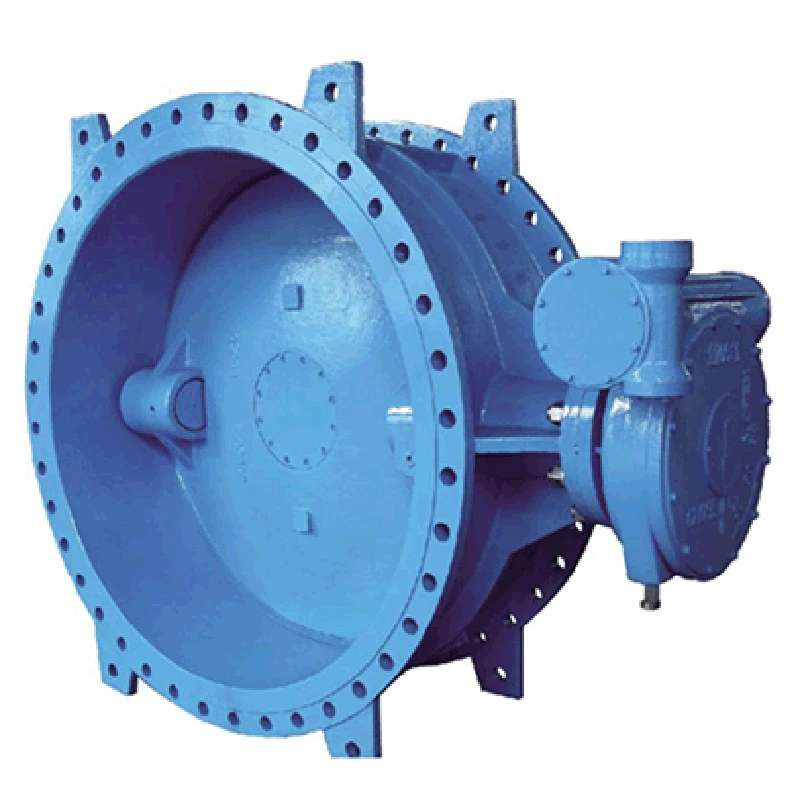Dec . 05, 2024 15:14 Back to list
rubber check valve
Understanding Rubber Check Valves Functionality, Applications, and Benefits
Rubber check valves are essential components in fluid and gas control systems. They are designed to prevent backflow, ensuring that fluids flow in one direction only. This functionality is critical in various applications, from water treatment plants to industrial machinery, where maintaining the integrity of the flow path is paramount.
What is a Rubber Check Valve?
A rubber check valve is a type of one-way valve made primarily from rubber or elastomeric materials. The valve consists of a body, usually in a cylindrical shape, and a closure mechanism that opens when fluid flows in the forward direction and closes when the flow reverses. The elastic nature of rubber allows for quick and efficient sealing, which minimizes leakage and ensures reliability.
How Do Rubber Check Valves Work?
The operation of a rubber check valve is straightforward yet efficient. When the pressure of the fluid or gas pushes against the valve, the valve opens, allowing the fluid to pass through. When the pressure drops or reverses, the rubber closure mechanism presses against the valve body, effectively sealing the passage and preventing any backflow. This simple yet effective design helps to protect pumps, compressors, and other system components from damage caused by reverse flow.
Applications of Rubber Check Valves
Rubber check valves are versatile and find applications in numerous industries, including
1. Water and Wastewater Management In municipal water systems, rubber check valves are crucial for preventing backflow into potable water supplies. They are also used in wastewater treatment to prevent contamination when pumps shut down.
2. Food and Beverage Industry Ensuring sanitary conditions in food processing is vital. Rubber check valves made from food-grade materials prevent backflow while avoiding contamination in product lines.
3. Chemical Processing The chemical industry often requires robust and resistant materials. Rubber check valves can be tailored with specific elastomers to withstand corrosive substances while preventing backflow.
rubber check valve

4. Agriculture In irrigation systems, rubber check valves are commonly employed to control water flow, preventing siphoning and controlling the distribution of water.
5. HVAC Systems These valves are also used in heating, ventilation, and air conditioning systems to maintain airflow in one direction, preventing damage and inefficiency.
Benefits of Rubber Check Valves
The use of rubber check valves comes with several benefits
1. Durability Rubber is resistant to various environmental factors, including corrosion and temperature fluctuations. This durability extends the lifespan of the valve.
2. Low Maintenance Rubber check valves typically require minimal maintenance due to their simple design. Regular inspection is often sufficient to ensure they are functioning correctly.
3. Easy Installation These valves can be easily installed in existing piping systems without needing extensive modifications, making them cost-effective solutions.
4. Lightweight Compared to metal valves, rubber check valves are lighter, which can reduce installation costs and make handling easier.
5. Versatility Rubber check valves can be manufactured in various sizes and configurations to suit specific applications, making them adaptable to different fluid types and flow rates.
Conclusion
In summary, rubber check valves are integral components in various systems requiring reliable one-way flow control. Their design allows for efficient operation, preventing backflow and protecting critical equipment. With applications spanning multiple industries, the benefits of durability, low maintenance, and versatility make rubber check valves indispensable in modern engineering solutions. As technology advances, continued innovations in materials and design may further enhance the functionality and efficiency of rubber check valves, ensuring their role in fluid management remains vital in the years to come. Whether in agriculture, industrial processes, or essential services like water treatment, the importance of rubber check valves cannot be understated, as they contribute significantly to operational safety and efficiency.
Share
-
Advanced Technology in Wire and Cable FactoryNewsAug.19,2025
-
Applications of Ball Check Valve in Water Treatment PlantsNewsAug.19,2025
-
How Osy Gate Valve Ensures Leak - Tight SealingNewsAug.19,2025
-
Selection Criteria for Wafer Type Butterfly ValveNewsAug.19,2025
-
Threaded Ball Valve Pressure RatingsNewsAug.19,2025
-
Y Strainer PN16 Cost - Effectiveness AnalysisNewsAug.19,2025


